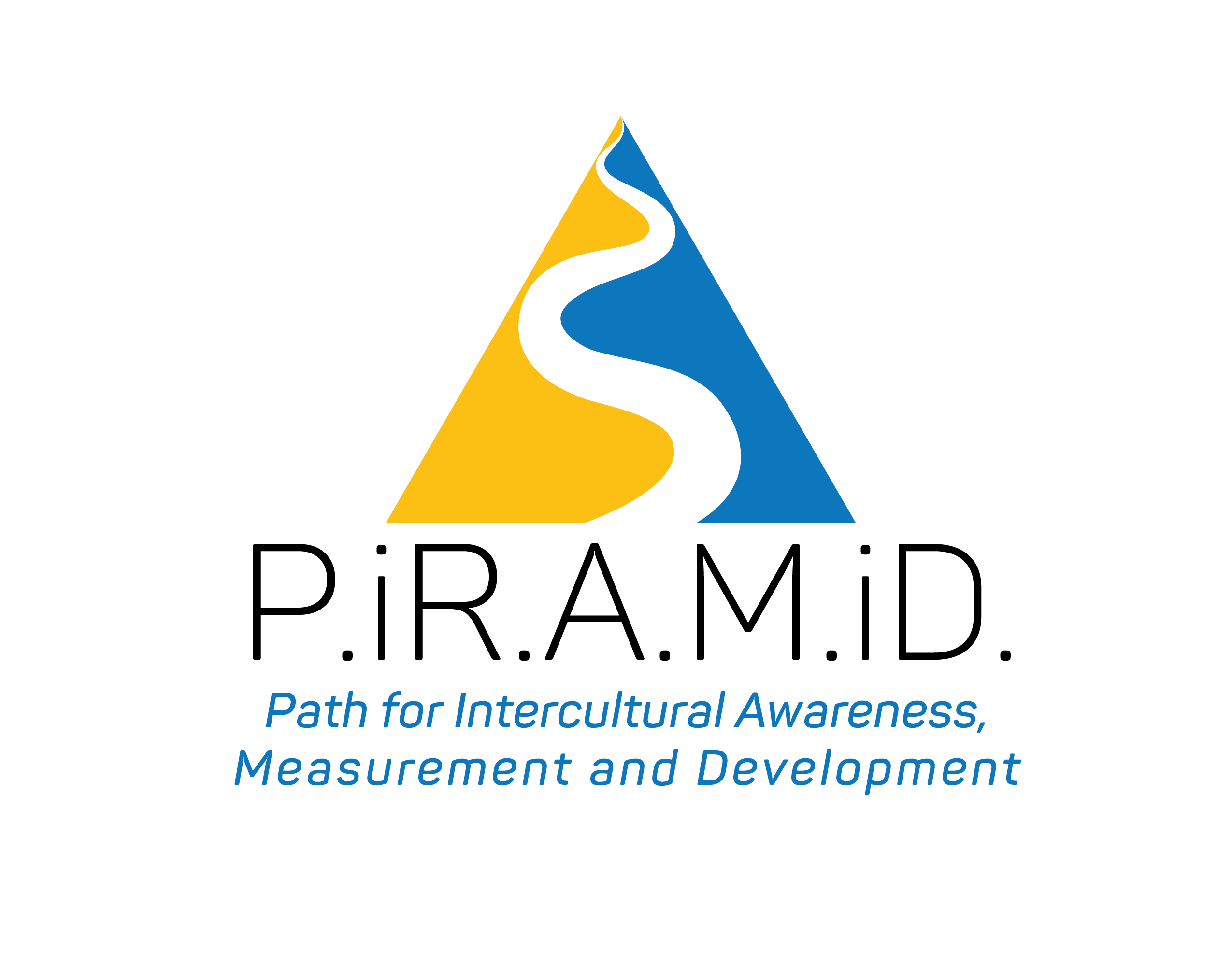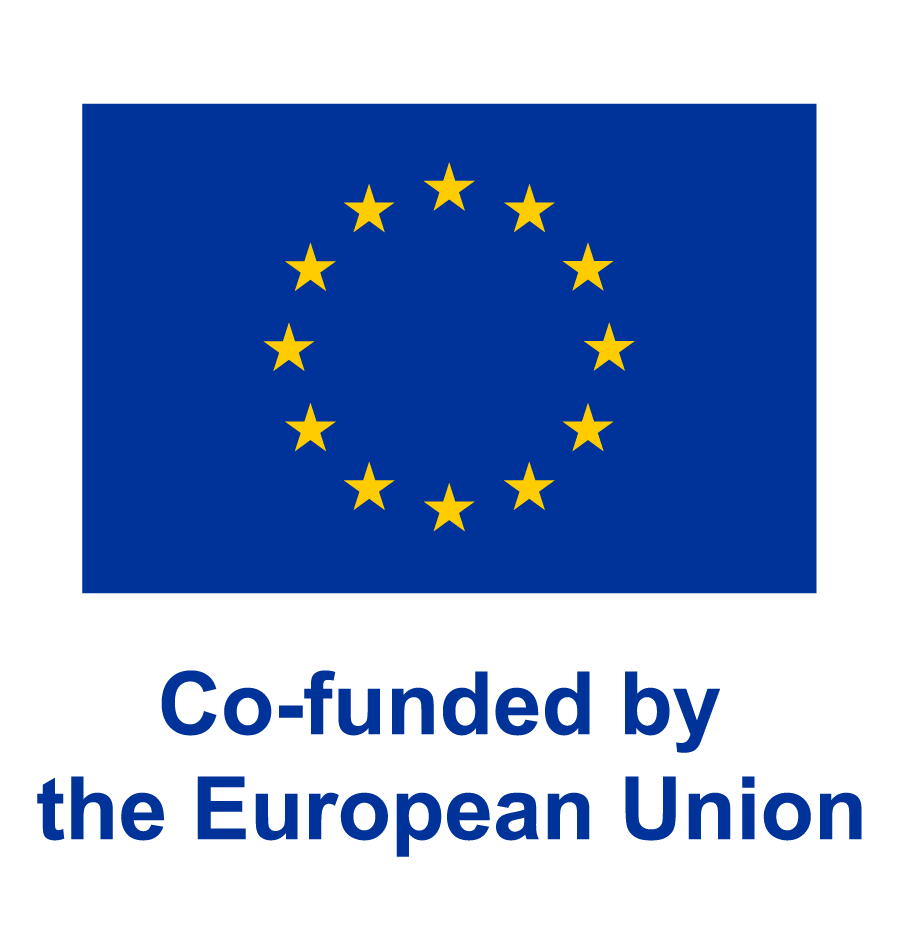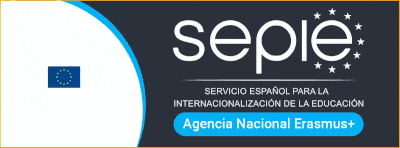This website use cookies to ensure you get the best experience on our website

P.IR.A.M.iD
2023-1-ES01-KA220-VET-000157060
Talking about money: French taboo vs.American pragmatism
2 May 2025

Money is a universal concern, but how it's discussed varies widely across cultures. In France, openly talking about salary or personal finances is often seen as impolite or inappropriate. In contrast, in the United States, such conversations are normally seen as practical and straightforward. These differences reflect deeper cultural values and shape how people interact in both professional and personal settings.
The French vs the American perspective
In French culture, discretion around money is a long-standing norm. Conversations about salary, income, or material wealth are usually avoided even among close friends. This reserved attitude stems from a cultural preference for equality and a general aversion to flaunting wealth. Discussing money can be perceived as boasting or as an attempt to create a social hierarchy, which clashes with French ideals of modesty and social cohesion.
In the U.S., money is approached more directly. Salary expectations, financial goals, and even investments are commonly discussed, especially in professional environments. This openness reflects a culture that values personal achievement and transparency.
Richard D. Lewis explains it perfectly in his book entitled When Cultures Collide:
"In the U.S. you have to make money, otherwise you are nobody. If you have 40 years of earning capacity and you want to make $4 million, that means $100,000 per annum. If you can achieve this in 250 working days, that comes to $400 a day or $50 an hour. With this orientation Americans can say that their time costs $50 an hour."
This quote captures the American mindset that equates time with money, where self-worth is often measured in financial terms.
Implications in the workplace
These cultural contrasts can lead to misunderstandings in international work environments. An American colleague may view a French coworker’s reluctance to talk about salary as evasive or uncooperative. Conversely, a French professional might find American directness intrusive or overly transactional.
For multinational companies, recognizing these cultural nuances is key to fostering open communication and avoiding unintended offense. Cross-cultural awareness can help build trust and mutual respect among diverse teams.
In conclusion, understanding how different cultures view money is essential in today’s globalized world. While Americans tend to prioritize transparency and efficiency, the French approach reflects values of privacy and egalitarianism. Respecting these perspectives helps strengthen collaboration and promotes smoother communication in both personal and professional contexts.

This project has been funded with support from the European Commission.
This publication reflects the views only of the authors, and the Commission cannot be held responsible for any use which may be made of the information contained therein.
